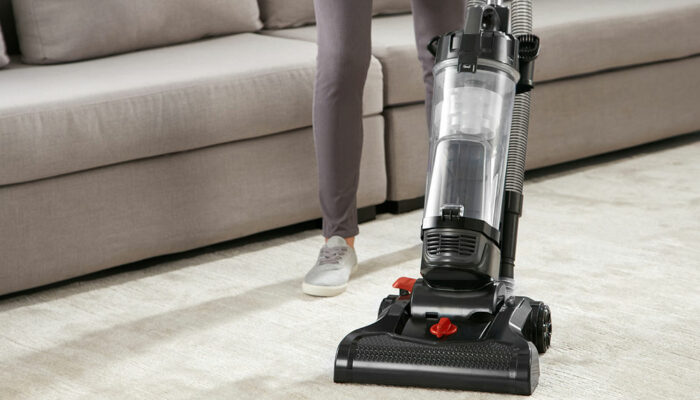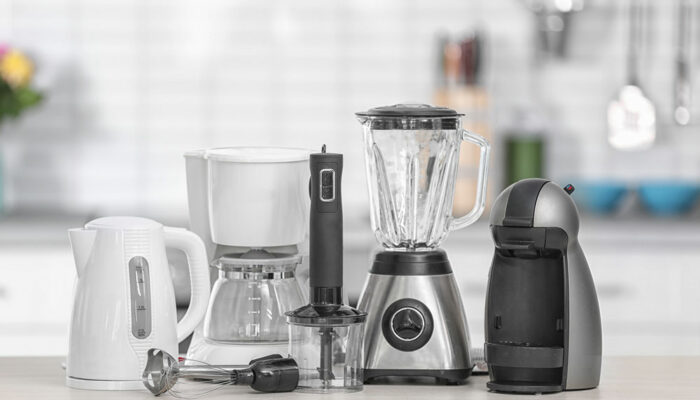
Early Warning Signs of an Overactive Bladder
An overactive bladder (OAB) is a condition in which a person is unable to control their urge to urinate. While it is not a disease, frequent trips to the bathroom may interfere with the quality of your life. Therefore, it is crucial to know the early warning symptoms of an overactive bladder and what causes it to help you identify the problem and seek timely treatment. Here are the key early symptoms of OAB:
1. Uncontrollable urge to urinate
When a person experiences an uncontrollable urge to urinate, it could be a sign of an overactive bladder. They often fail to postpone the need to pee and have very time to get to the bathroom before their bladder leaks.
2. Frequent urination
If you feel the need to urinate frequently, i.e., more than eight times during the day, then you may be suffering from an overactive bladder.
3. Urge incontinence
In urge incontinence, you may experience urine leakage when you get the urge to pee. Leaking can be an embarrassing social situation and make it difficult for you to work in an office. Therefore, you must see a doctor immediately if you have faced such situations repeatedly.
4. Nocturia
If you get up more than once to urinate at night, then it could indicate an overactive bladder. You can avoid that by limiting your liquid intake before bed.
5. Small amounts of urine
If you have an overactive bladder, you may feel like your bladder is never empty. You may want to use the washroom several times and still want to pee shortly after. This may result in releasing small amounts of urine whenever you use the washroom.
Many factors can cause an overactive bladder. Some of them are mentioned below:
1. Nerve damage
Sometimes, your brain sends wrong signals to empty the bladder. It usually happens due to trauma or disease, such as radiation, multiple sclerosis, Parkinson’s disease, stroke, etc.
2. Weakened pelvic muscles
Pregnancy and subsequent childbirth can cause your pelvic muscles to weaken and stretch. It can alter the position of your bladder and cause leakage. Urinary tract infections (UTI) can also provoke the bladder to leak urine without any warning.
3. Medications and caffeine
Certain medications, such as diuretics, and overconsumption of caffeine can cause your bladder to fill up more rapidly. It also affects the nerve function and interferes with its ability to signal the brain. As a result, your bladder overflows and possibly leaks.
5. Excess weight
Being overweight can put additional pressure on your bladder. This can lead to incontinence.
6. Menopause
Hormonal changes that accompany menopause can lead to an overactive bladder that can cause urine leakage. You can ask your doctor about hormonal therapy to help you overcome the problem.
Although an overactive bladder is not a disease or a life-threatening condition, it does have a negative impact on your life. Fortunately, several treatment options can reduce your symptoms and help you lead a normal life.



